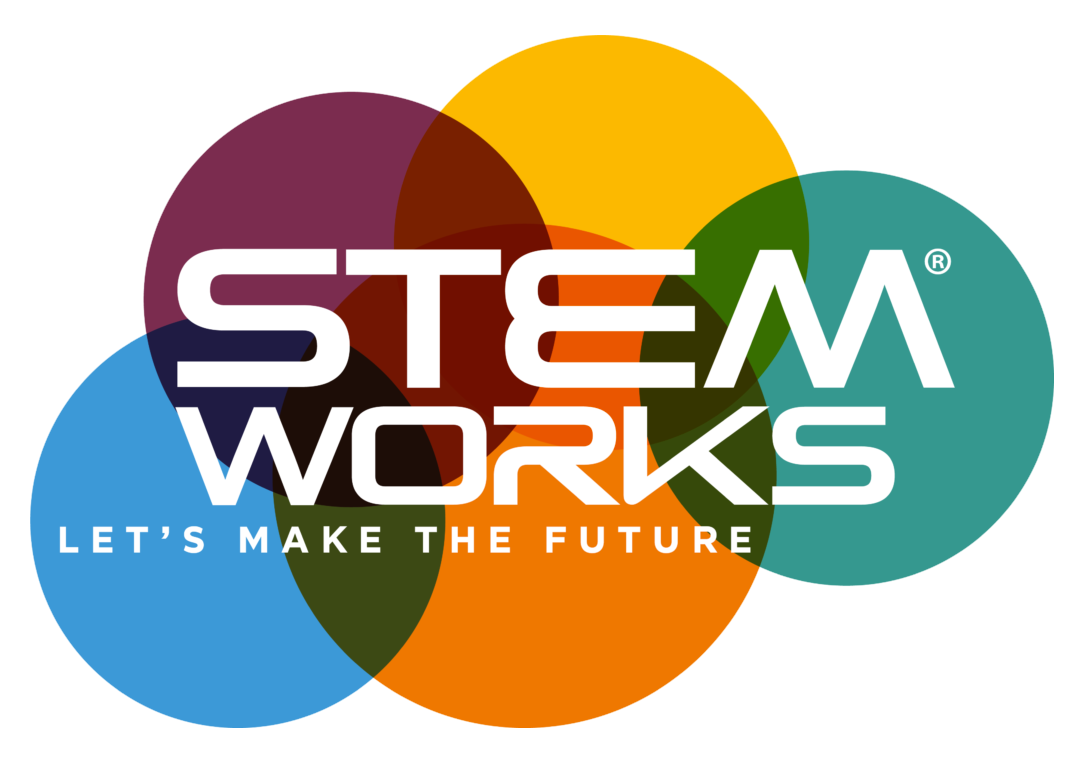From Punch Cards to Python: Britain’s Coding Legacy and Why It Still Matters
This week marks National Coding Week (15–21 September 2025), a celebration of digital skills, creativity, and the power of code to shape our future. Across classrooms, libraries, and community hubs, people of all ages are discovering how coding can unlock new ways to solve problems, tell stories, and build the tools we all rely on.
But coding isn’t just a modern marvel—it’s deeply rooted in British innovation. In fact, the world’s first computer programmer was a British woman.
Ada Lovelace: The Enchantress of Numbers
Back in the 1840s, Ada Lovelace worked alongside Charles Babbage on his Analytical Engine—a mechanical computer powered by steam and punch cards. While Babbage built the machine, it was Lovelace who saw its true potential. She wrote what’s now considered the first algorithm designed for a computer, and imagined a future where machines could manipulate symbols, compose music, and go far beyond mere arithmetic.
Her visionary thinking laid the foundation for modern programming, and she remains a powerful role model for girls and women in STEM. Every October, Ada Lovelace Day celebrates her legacy and the achievements of women in science and technology.
Make it stand out
Mary Coombs and the Commercial Coding Boom
Fast forward to the 1950s, and Britain was at the forefront of commercial computing. Mary Coombs became the first female commercial programmer, working on the LEO (Lyons Electronic Office)—the world’s first business computer. Her work helped usher in an era where code wasn’t just for scientists, but for solving everyday problems in business and beyond.
Bletchley Park: The Unsung Heroines of WWII
During World War II, thousands of women worked at Bletchley Park, Britain’s top-secret codebreaking centre. While Alan Turing is often the headline name, women made up nearly 75% of the workforce. They operated machines, cracked codes, and performed complex calculations that helped shorten the war. Their contributions were vital, though many were never formally recognised as analysts.
Whatever it is, the way you tell your story online can make all the difference.
Why Coding Still Counts
Today, coding is more accessible than ever. From block-based platforms like Scratch to text-based languages like Python and JavaScript, learners can build games, animate stories, and even explore artificial intelligence. Coding teaches logic, resilience, and creativity—skills that are essential in every field, not just tech.
And with this year’s National Coding Week theme focused on AI, there’s never been a better time to explore how code shapes the tools we use every day—from smart assistants to climate models.
Ready to Get Hands-On?
If you’re inspired by Britain’s coding legacy and want to bring that energy into your school or community, why not run one of our STEMworks coding workshops? We blend storytelling, hands-on activities, and inclusive design to make coding feel like an adventure—not just a subject.
Explore our offerings at STEMworks and let’s build something brilliant together




